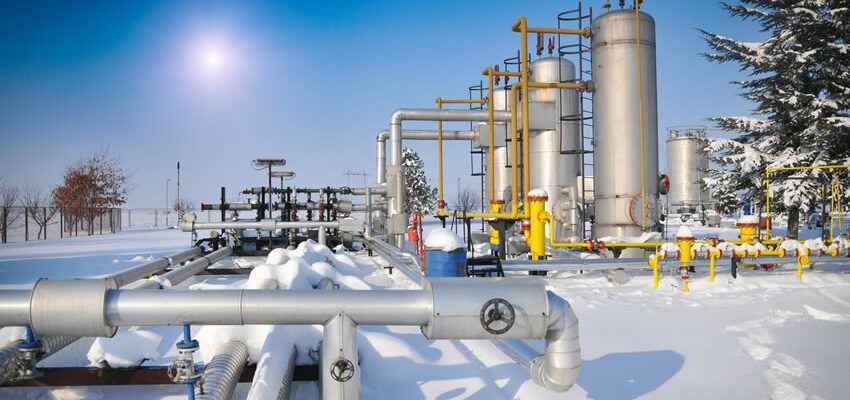(With forecasts and excerpts from the press release)
BERLIN, Sept 2 (Reuters) – G7 finance ministers reached an agreement on Friday to cap the price of imported Russian oil to limit Moscow’s revenue without causing a spike in world prices, but the terms of that new mechanism remains to be determined.
In an online meeting, the ministers of the Group of Seven reaffirmed their commitment to this project while explaining that the ceiling price would be determined later “on the basis of a series of technical elements” which have yet to be determined. subject to an agreement between the countries concerned.
“Today we confirm our common political intention to finalize and implement a comprehensive ban on services that enable the maritime transport of crude oil of Russian origin and petroleum products,” the ministers said in a joint statement.
The provision of maritime transport services, including insurance and financing, would only be permitted if cargo ships loaded with Russian oil are purchased at a price less than or equal to that “determined by the broad coalition of countries adhering to the price cap or setting it implemented,” the statement added.
The ministers explain that their aim is to make the entry into force of the cap coincide with that of the European Union’s sixth sanctions package, which will ban the import of Russian oil from December.
The G7 brings together Germany, Canada, the United States, France, Great Britain, Italy and Japan, but the press release explains that the Group wishes to form a broader coalition of oil-importing countries.
Some G7 officials have expressed concern that this cap could fail if it does not involve large importers like China and India, which have sharply increased their purchases of Russian crude since the invasion of the EU. Ukraine at the end of February.
For this capping mechanism to be truly effective, the G7 countries and their partners will also have to ensure that the transport of cargoes sold at a price above the cap cannot be financed or insured. But analysts believe that Russia could find ways to circumvent this mechanism.
(Report Christian Kraemer and David Lawder, with Jan Strupczewski, Matthias Williams, Steve Scherer, William James and Leigh Thomas, French version Marc Angrand)
